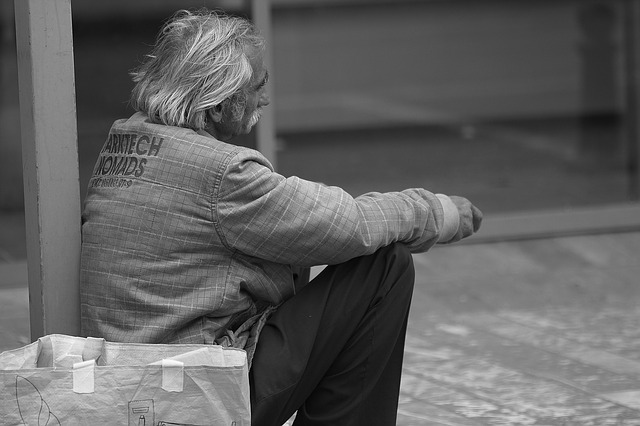Several small but necessary positive steps have been made in the protection of the most vulnerable citizens with the entry into force of amendments to the Social Welfare Act on April 1, 2025. These changes were advocated for and proposed by the Ombudswoman, Tena Šimonović Einwalter, during the public consultation process with the Ministry of Labour, Pension System, Family and Social Policy.
From now on, homeless persons, victims of domestic violence, and victims of human trafficking can receive the full amount of the guaranteed minimum benefit. This applies to those who have been granted the right to accommodation, which is time-limited and intended to support their empowerment to eventually live independently. To achieve this, adequate support is essential, including an increase in the amount of the guaranteed minimum benefit.
Before these amendments, homeless individuals staying in shelters could receive only half of the guaranteed minimum benefit—even though they had no income, no property, and no social support network.
Similarly, victims of domestic violence and human trafficking who were entitled to emergency accommodation also received only half of the benefit, despite being at heightened risk of homelessness once their accommodation right expired.
Students who receive financial support for full-time study—such as young people from alternative care—will now also be entitled to the full amount of the guaranteed minimum benefit. Originally, the plan was for them to receive only half the amount. However, the Ombudswoman proposed that they should receive the full amount, and this proposal was accepted. Poverty often limits access to and completion of higher education, so recognizing the full entitlement is a concrete step toward greater inclusion for students from low-income backgrounds.
The Ombudswoman’s proposal that maternity and parental allowances no longer be counted as income when assessing eligibility for the guaranteed minimum benefit was also accepted. This is a positive change, as some families had their benefit reduced while receiving these allowances—even though such periods clearly involve increased needs due to caring for a newborn child.
Furthermore, persons who are unable to work due to health reasons will now be exempt from the obligation to perform community service work, which until now was a condition for receiving the guaranteed minimum benefit. Previously, even individuals who could not participate due to serious health conditions were denied this benefit, which amounted to discrimination based on health status.
The Ombudswoman has consistently called for the abolition of community service work as a requirement for receiving the guaranteed minimum benefit. This form of compulsory labor, required to avoid loss of the benefit, is effectively work under coercion. Although this requirement has not yet been fully abolished, the recent changes mark an important step forward by ending health-based discrimination for those who are medically unable to comply. A further positive development is the provision that recipients of social mentorship services will also be exempt from community service obligations—though it remains to be seen how widely accessible this mentorship will be in practice.
Children aged 15 and over who have dropped out of formal education will no longer be required to register with the Croatian Employment Service in order for their families to receive the guaranteed minimum benefit. Previously, families in poverty lost part of their benefit if their child was not registered, even if the child had left school due to difficult life circumstances. This effectively pushed children into the labor market instead of encouraging or supporting them to stay in or return to the education system. Yet, poverty is often a decisive factor in whether a child can continue education, and this previous requirement only worsened the situation for affected families.
More about the impact of poverty on human rights and equality can be found in the Ombudswoman’s 2024 Annual Report.





